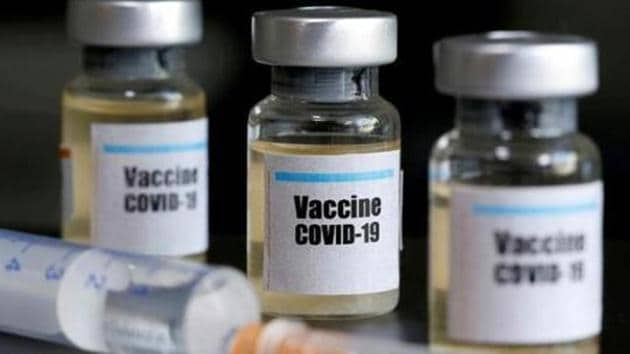
Vaccination for Covid-19 is advancing and the world begins to breathe a sigh of relief, but it hides a much harsher and more unequal reality in the world we live in. Access to vaccines, as well as its production, it is the result of power relations that only reinforce the inequality that exists between countries..
Once the size of the problem with Covid-19 became clear, the richest countries started their efforts to produce vaccines and to purchase or block in advance the vaccines to be produced. To get an idea, by the end of 2020 these countries had already guaranteed 3,8 billions of doses. The amount purchased by countries like the United States and European countries far exceeded their population. only the USA, for example, bought vaccines that surpassed 5 doses per inhabitant.
What we see important here is economic power. Rich countries had resources (and political will) to be able to buy the vaccines. And used this power. But there was another possibility that we missed. currently, vaccine development is also carried out in developing countries. To get an idea, currently we have 20 vaccines that have proven to be viable around the world. of these, six were developed in China, India and Russia developed two each country. That is, 50% of viable vaccines have been developed by these countries..
China, India and Russia have impressive production or technological development capabilities in this sector. Brazil is not so developed, but it has potential. The Butantan Institute and Bio-Manguinhos Fiocruz have the production capacity, in addition to the potential to be more impactful innovation centers. That is, Brazil is not on the side of those countries, but could make plans to be in a decade or two.
Within the scope of the BRIC this will is already real, as was made clear at the 10th Johannesburg Summit (realized in 2018), when it was decided to create the Research Center, BRICS Vaccine Development and Innovations.
Vaccines are made from active pharmaceutical ingredients, known as IFA. One thing the pandemic has brought to light is that the world depends on China, India and Russia for the provision of IFA. Two BRICs, the only one that is out of this is Brazil. The criticism here is not in the Brazilian federal government's lack of commitment to the vaccine, even though it is legitimate. What stands out is that, once again, we had in the BRIC an important acting potential, but we lose.
If Brazil were to bet on the BRIC as one of its main strategies for international action, we would have the privileged contact for API providers and, inclusive, for fast technology transfer. Let us not forget that in the BRIC there is the New Development Bank (NDB), this being an important funder of projects such as those needed for the production of APIs and vaccines.
